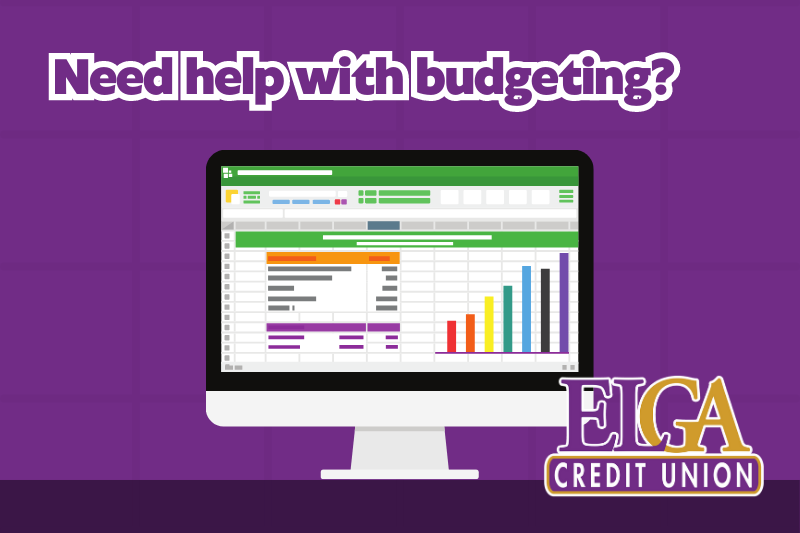
In today’s fast-paced world, managing our finances has become increasingly important. One of the key tools for financial success is creating a budget. A budget helps us track our income and expenses, prioritize our spending, and achieve our financial goals. If you’re ready to take control of your finances, this comprehensive guide will walk you through the process of creating an effective budget.
Set Clear Financial Goals:
Before diving into budgeting, it’s crucial to establish your financial goals. Whether it’s saving for a vacation, paying off debt, or building an emergency fund, clearly define what you want to achieve. These goals will serve as a roadmap for your budgeting efforts.
Assess Your Income:
Start by calculating your total income. Include all sources such as your salary, side gigs, investments, and any other money you receive regularly. Make sure you have an accurate estimate of your income to plan your budget effectively.
Track Your Expenses:
To create an accurate budget, you need to track your expenses. Begin by categorizing your expenses into fixed (rent, utilities, loan payments) and variable (groceries, entertainment, dining out) costs. Use tools like spreadsheets, budgeting apps, or online banking platforms to monitor your spending over a month. This will help you identify where your money is going and highlight areas where you can cut back.
Differentiate Between Needs and Wants:
Once you have a clear picture of your expenses, analyze each category to distinguish between needs and wants. Needs are essential expenses required for survival, such as housing, food, and transportation. Wants, on the other hand, are discretionary expenses that can be reduced or eliminated if necessary, like eating out or buying non-essential items. Prioritize your needs and find areas where you can make adjustments to allocate more resources towards your financial goals.
Create a Realistic Budget:
Based on your income and expense analysis, it’s time to create a budget. Start by allocating funds for your needs, ensuring that these expenses are covered first. Next, assign a portion of your income towards your financial goals. Set aside money for savings, debt repayment, and investments. Finally, allocate a reasonable amount for your wants, allowing for some flexibility and enjoyment while staying within your means.
Track and Review:
Creating a budget is just the beginning; it’s essential to track your progress and review your budget regularly. Monitor your spending regularly, adjust as needed, and stay accountable to your financial goals. Make use of budgeting apps, online tools, or simple spreadsheets to stay organized and keep a close eye on your finances.
Plan for Emergencies:
Life is unpredictable, and unexpected expenses can derail your budget. That’s why it’s crucial to include an emergency fund as part of your budget. Aim to set aside three to six months’ worth of living expenses in a separate savings account. This safety net will provide peace of mind and protect you from financial setbacks.
Seek Professional Help:
If you find budgeting challenging or have complex financial situations, don’t hesitate to seek professional help. Financial advisors or credit counselors can provide expert guidance, helping you create a customized budget and offering valuable insights into managing your finances effectively.
Creating a budget is a crucial step towards financial success. By setting clear goals, understanding your income and expenses, differentiating between needs and wants, and regularly reviewing your budget, you’ll gain control over your finances and pave the way towards achieving your financial dreams. Remember, a budget is a tool that empowers you to make informed financial decisions, so embrace it and enjoy the journey to financial well-being.




